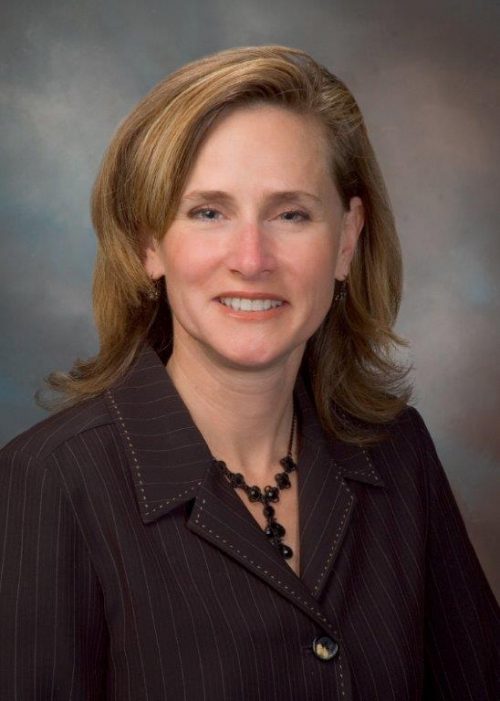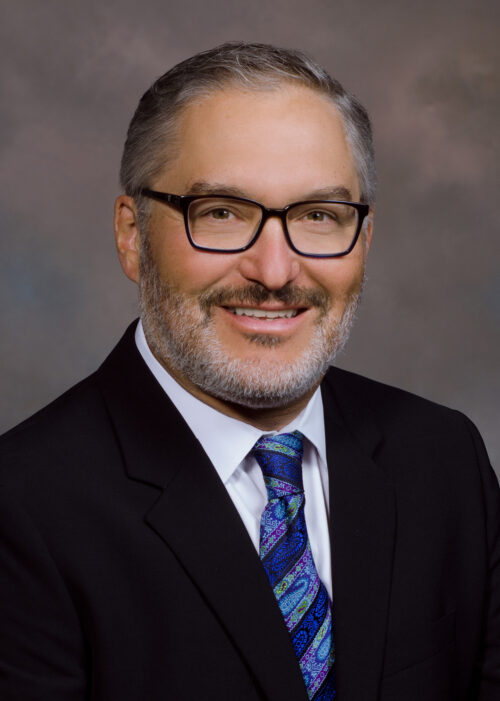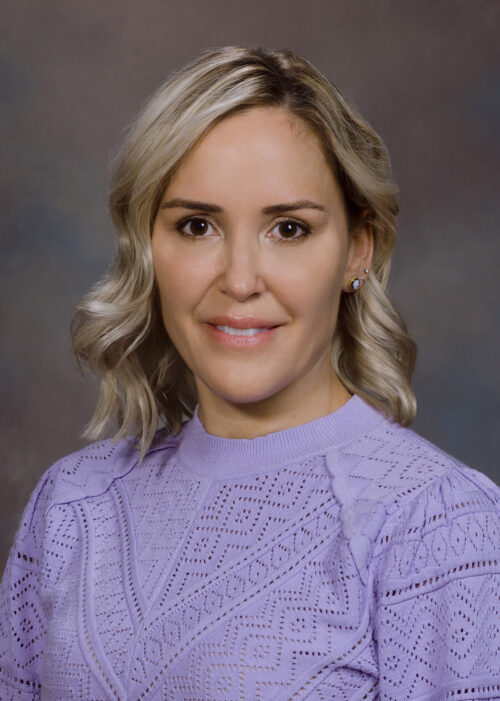Some of the most frequent problems our dermatologists treat are skin cancers, psoriasis, acne, warts, and eczema. For many of the diseases we treat, there are different treatment options or surgical services that we can provide.
Dermatology Associates of Virginia takes pride in concentrating on straightforward, cost-effective treatment of medical skin diseases as well as exemplary surgical removal of skin cancers and other skin growths that require treatment.
Our dermatologists form one of the most experienced dermatology teams in the greater Richmond area, with over 250 years of combined experience. We treat patients of all ages, and our dermatologists are among the best in the business. Our practice focuses on the management of skin diseases from the commonplace to the complex.
Compassionate skin experts with decades of experience in treating diseases & cancer
Psoriasis, eczema, acne and warts are just a few of the skin diseases we manage, while pre-cancers and skin cancers occupy a large portion of our procedures. Every year, skin disease diagnosis, treatment, and medications evolve and our dermatologists always stay up-to-date to deliver the best care possible.
Surgically, most cancers and inflamed or contagious skin growths can be removed or treated by us. There may be a few that require referral out to plastic surgery or Mohs Surgery for further treatment. We are excited to have our own Mohs surgeons, Dr. Ashley Sullivan, Dr. Julia Padgett, and Dr. Nikoo Cheraghi.
In-house pathology
In-depth screenings and evaluations
Follow-ups & ongoing skin care maintenance
Reassurance & overall peace of mind
Our Medical Dermatology Physicians

LAWRENCE E. BLANCHARD, III, M.D.

GEORGIA K. SEELY, M.D.

KIM M. PANZARELLA, M.D.

SUZANNE G. SPADAFORA, M.D.

CHRISTOPHER T. ALEMAN, M.D.

LISA C. EDSALL, M.D. PH.D.

ADAM A. MARTIN, M.D.

ANGELA M. SPRIGLE, M.D.

RAJ AGARWAL, M.D.

ALYSON V. RIDPATH, D.O.

GABRIELLA J. MELSON, M.D.
Our Advanced Practice Providers

JENNIFER D. BAUER, MPA, PA-C

RATHI BLANKENSHIP, MPA, PA-C

KRISTEN A. ALBRIGHT, PA-C

MICHELE R. RHOE, MPA, PA-C

SHELLEY B. WOODLEY, DNP, FNP-BC

SUZANNE N. WEST, MSN, FNP-BC

BROOKE E. HARMON, MPA, PA-C
Frequently Asked Questions:
What is medical dermatology?
Medical dermatology is a specialty that involves evaluating, diagnosing, and treating diseases of the skin, hair, and nails. The medications and procedures utilized in medical dermatology help to control diseases involving the skin using a wide range of options.
What types of skin conditions does medical dermatology cover?
There are a vast number of conditions evaluated and treated by medical dermatologists, including rashes, skin cancers, acne, eczema, psoriasis, skin infections (warts, molluscum, staph), and sun-induced skin diseases.
How are skin conditions diagnosed in medical dermatology?
Medical dermatologists are trained to use a number of techniques to diagnose skin conditions. These include skin biopsies, examination of skin lesions with a dermatoscope, bacterial and fungal cultures, Wood’s lamp exam, and blood tests.
What are the common non-surgical treatments in medical dermatology?
Some common treatments used by dermatologists are ultraviolet light (phototherapy) for psoriasis and eczema, photodynamic therapy for actinic keratoses, topical prescription creams for elimination of pre-cancers and some skin cancers, and medications such as antibiotics and corticosteroids.
Can medical dermatology address cosmetic concerns, such as wrinkles or age spots?
Medical dermatologists are typically trained to help address and treat cosmetically bothersome lesions, such as wrinkles, skin tags, cherry angiomas, and age spots.
How often should I see a dermatologist for routine skin check-ups?
The frequency of routine skin check-ups is based on the patient’s personal history, family history of skin cancer, and if the patient has a large number of prominent moles. Patients who have previously been diagnosed with skin cancer are usually seen every 6-12 months.
What should I expect during a skin cancer screening appointment?
After bringing a patient into an exam room, the medical assistant will ask about the patient’s medical history, including recent surgeries, medications, and allergies. A patient who come in for a skin cancer screening will be asked to get undressed and/or wear a gown, and the provider will then come in to review the patient’s history and examine the patient’s skin up close. Moles and other lesions of concern of the patient are typically inspected using a device called a dermatoscope. If any suspicious or bothersome lesions are present, the provider will often biopsy them during the appointment.
Can medical dermatology treat chronic skin conditions, such as psoriasis or eczema?
Yes, medical dermatologists are experts in treating chronic skin conditions such as psoriasis and eczema.
How do I know if I need a referral for surgical dermatology services?
After confirming that a lesion is a pre-cancer or a skin cancer (usually via skin biopsy), the medical provider or his / her assistant will inform the patient that further treatment is needed. This may involve referral to a special skin cancer surgeon called a Mohs surgeon or to other surgical subspecialists, such as a plastic surgeon or a surgical oncologist.
What role does preventive care play in medical dermatology?
Prevention is a major part of medical dermatology. This may involve counseling the patient on sun protection and avoiding other things that may harm the skin (e.g. tanning beds). Prevention can also take the form or removing pre-cancerous spots like actinic keratoses and atypical moles, so that these lesions do not have a chance to become skin cancers.
How can I contact a medical dermatologist for an appointment?
An appointment can be made with one of our medical providers by calling 804-549-4030 or by following this link: https://www.dermva.com/contact/

















